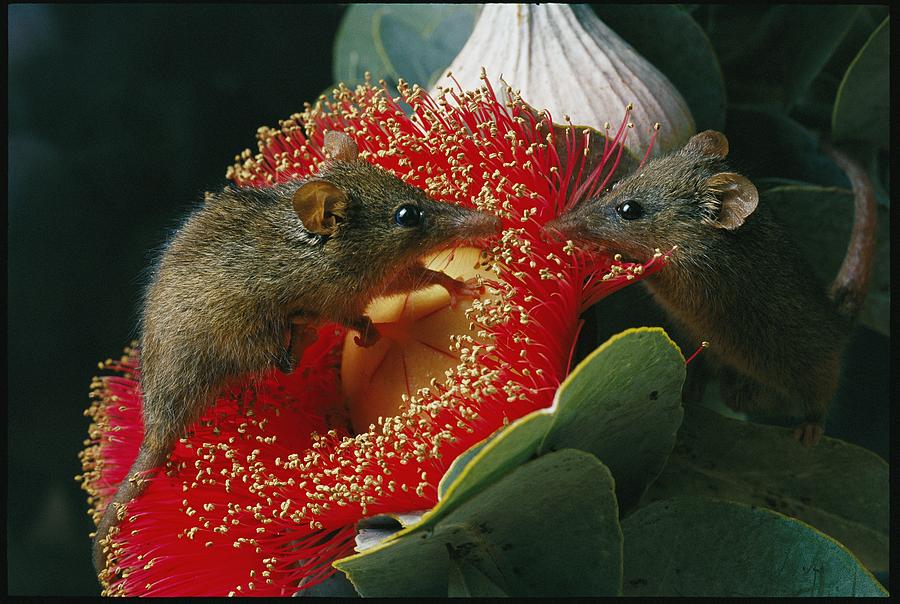
Cool Facts About The Honey Possum
- The Honey Possum is a small marsupial found in a magical place that all other marsupials hang out in….Australia.
- This particular species is known by a couple of names to the local natives. Prepare yourself because these names are a lot of fun to say – Tait and my personal favourite, Noolbenger.
- The Honey Possum is a hardy animal is actually the only known survivor from an ancient lineage.
- When it comes to child birth the Honey Possum sets the record among mammals. Seriously, these tiny marsupials hold the record for smallest mammalian newborns – pretty impressive, eh?
So what is a Honey Possum?
As mentioned, they are a tiny marsupials (carry their children in a pouch) found in Australia. How tiny you ask? Incredibly these cute Possums have a total body length between 6.5 and 9 cm (2.6 to 3.5″). No wonder these animals have the smallest mammalian newborns…the adults are practically newborn size! Okay, this isn’t true since a newborn Honey Possum only weighs about 0.005 grams (0.00018 ounces). Essentially before the babies head into the pouch they are nothing!
Interestingly enough, our featured animal holds another record. They have the largest sperm of any mammal with a length around 0.36 mm (0.014 inches). It is is kind of funny to think that they have the worlds largest sperm but the smallest babies. Makes you wonder just how much the newborn grows over the 28 day gestation period as I can’t imagine an animal weighing 0.005 grams being much longer then the 0.36 mm sperm. No matter what it is just one more example of how interesting nature can be sometimes.
Favourite Food
Moving away from their record breaking stats, let’s discuss their feeding habits. Believe it or not the Honey Possum enjoys eating pollen – you thought I was going to say honey, didn’t you? These possums are one of the few mammals that are completely nectarivorous, meaning they feed on pollen, nectar and other similar substances. Personally, I find it interesting that the Honey Possum is still evolving as they have slowly lost their teeth over the years to to the point where they only have a few small bumps in their mouth. At the same time, their tongue has become incredibly proficient at licking out all the great tasting, gooey nectar. I just wonder how long it will take before they lose their teeth completely… I have a hunch that I won’t be alive to see it happen.

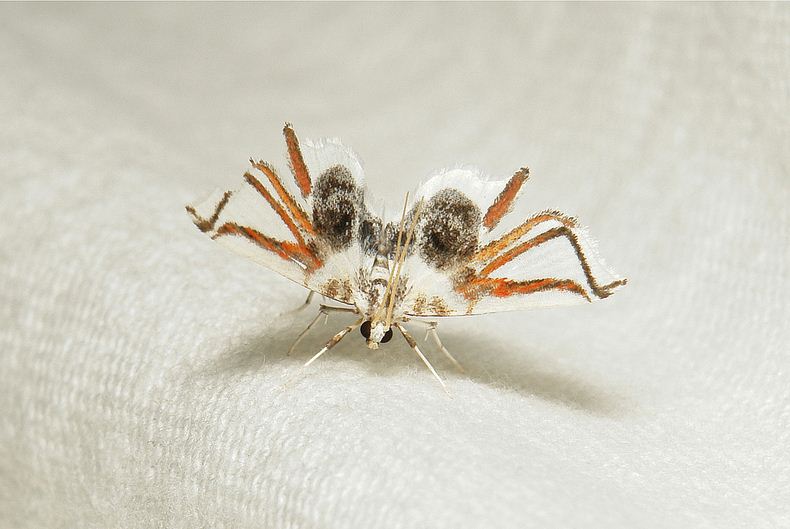
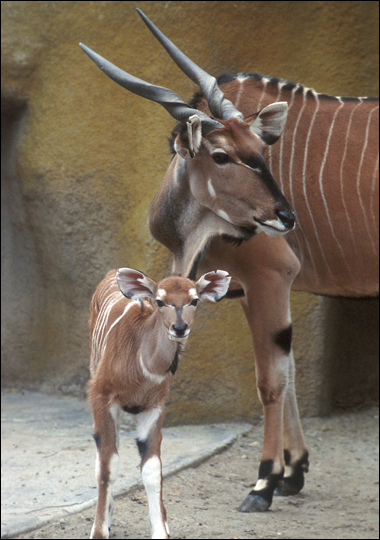
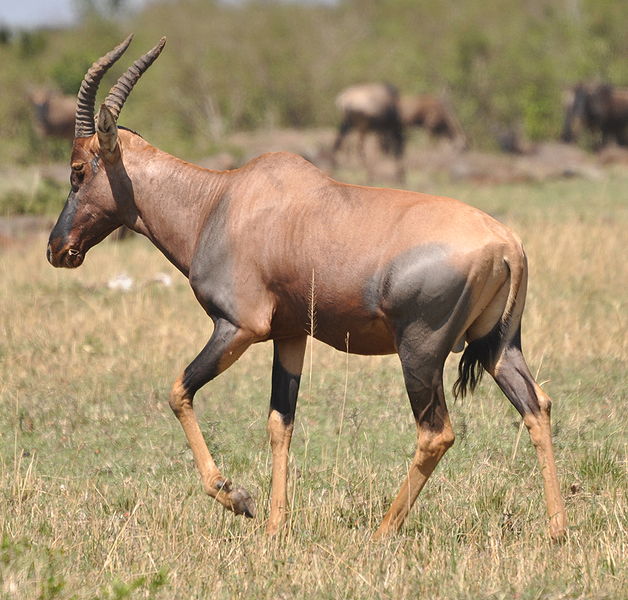
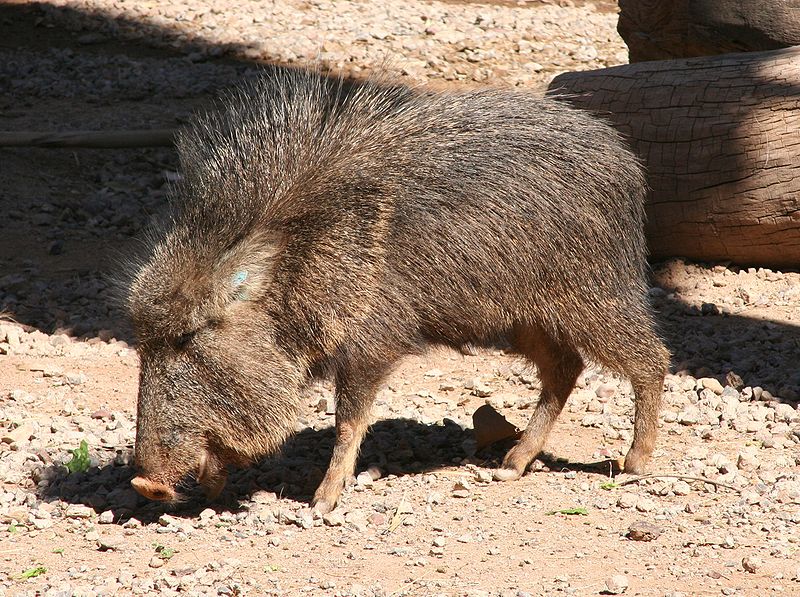
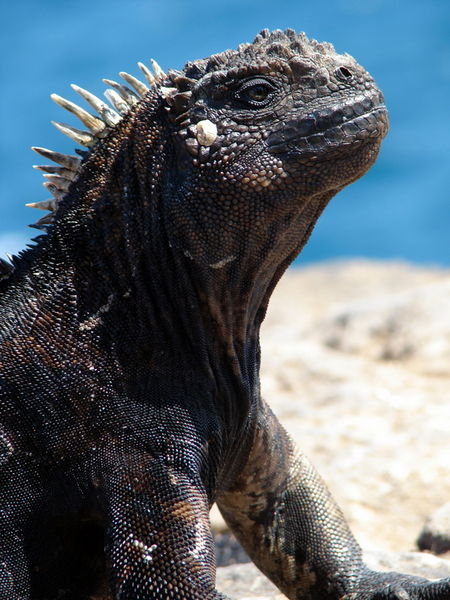

There are marsupials in South and North America as well as Australia, so it is not factual to say all marsupials hang out in Australia. Cute picture though.